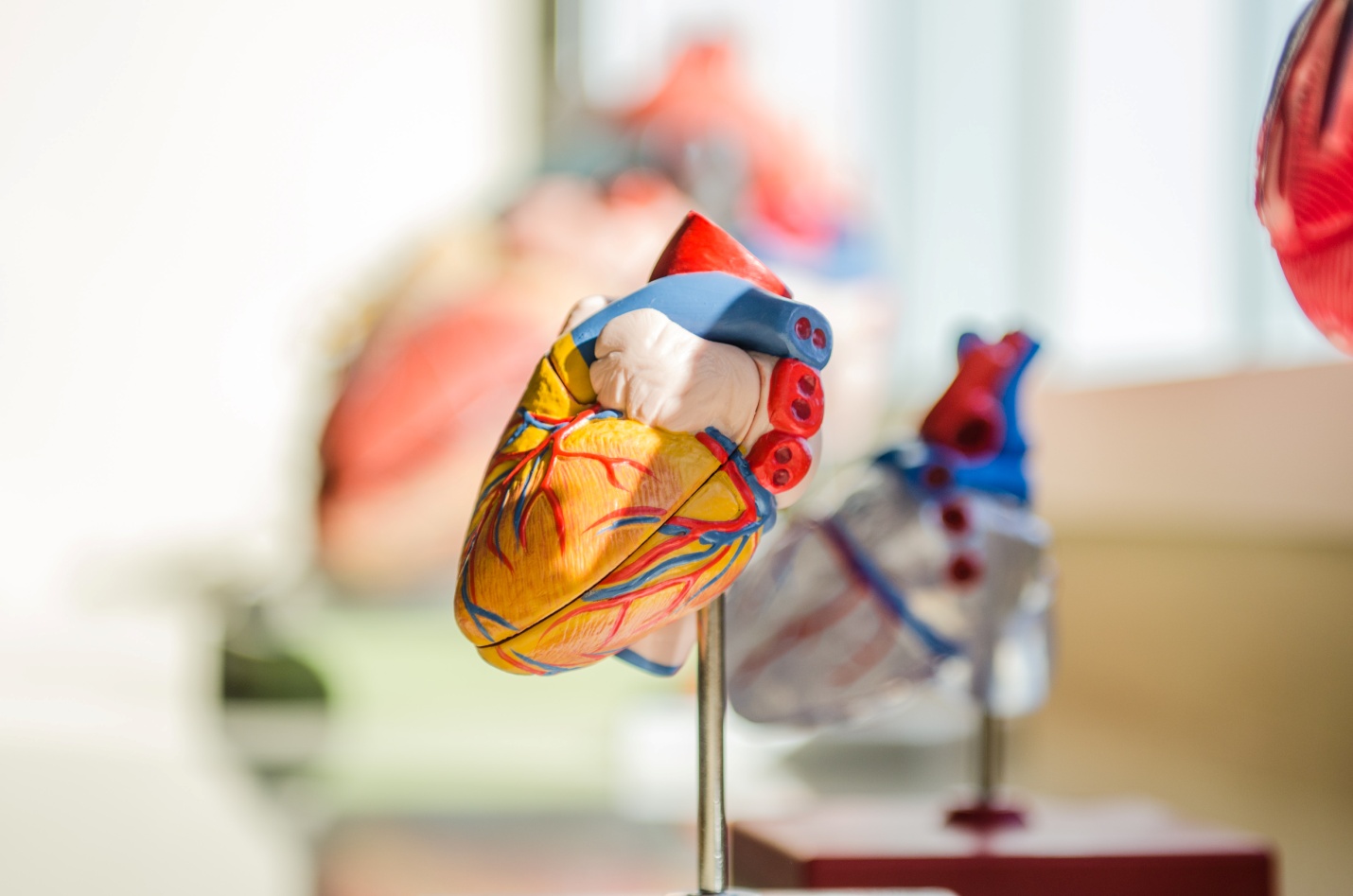
Alcohol’s Effects on Your Body
We all know that alcohol creates short-term effects like slurred speech, decreased motor skills, and a general feeling of drunkenness. For the occasional drinker, this can feel pleasant. For an addicted person, however, alcohol is something they need to consume to feel “normal.”
Some physical signs of alcoholism become apparent early on—like poor coordination and increased forgetfulness. Over a long period, excessive alcohol use can have more dangerous, lasting effects.
The Brain and Central Nervous System
Alcohol is a central nervous system depressant, which means that it slows down nerve communication. If a person starts struggling with motor skills and can’t think clearly, these may be signs of alcohol abuse.
It’s well documented that heavy drinking for a long time can cause neuro-cognitive declines, nerve injury, and nerve degeneration.¹ Brain cells are destroyed by alcohol abuse, and the brain tissue has been seen to shrink. A person with long-term damage can have serious difficulties with memory and thought processes.
The Immune System
Heavy alcohol use has been associated with reduced immune function, presenting as an increased risk of pneumonia, respiratory stress syndromes, sepsis, and liver disease. Alcoholics also tend to heal and recover more slowly after injury or infection than a healthy person would.²
The Liver
Because the liver’s primary function is to filter out waste products from the body, this organ does a lot of heavy lifting with regard to alcohol. Over time, heavy alcohol use can lead to cirrhosis, a condition in which healthy tissue is replaced with scar tissue. If the drinking continues for years, cirrhosis of the liver can eventually be fatal.
The Heart

Heavy drinking is a major risk factor for heart disease, as it raises blood pressure and weakens the heart muscle. According to the CDC, most people who drink excessively (eight or more drinks per week for women, 15 or more drinks per week for men) are not considered alcohol dependent, which means that you may be at increased risk of heart disease even if you are not an alcoholic.³
Cancer Risks
Many people don’t realize that alcohol is a known human carcinogen and there is strong scientific consensus that drinking it can cause various forms of cancer.⁴ Alcohol consumption has been linked to increased risks for esophageal, breast, liver, colorectal, and head/neck cancers. Researchers are also exploring possible links to pancreatic cancers and melanoma.⁵
If You See Signs of Alcoholism in Yourself or a Loved One, We Can Help
At Yellowstone Recovery, we’ve helped thousands break free from the addictions that were ruling their lives. Our residential, outpatient, and intensive outpatient treatment programs are personally tailored to each client, and we use evidence-based methods like individual and group therapy to help them achieve health and sobriety. Our specialists have a strong understanding of addiction and recovery, and we are dedicated to providing a truly compassionate, supportive rehab environment.
To learn more, contact us online or call (888) 418-4188 today.
Sources:








